It was a long but revelatory wait for a bus that nudged Lukas Zugar into first discovering specialty coffee during a spell of travelling across China. The 30 year-old founder of Dos Mundos – meaning ‘two worlds’ – decided to kill some time by heading into a local coffee shop offering a range of single origins on the brew bar. “They had many ways of preparing coffee from different origins”, he remembers, “it was the first time that I realised how coffee could be so delicious on its own. Coming back to the Czech Republic, I looked for the same experience”.
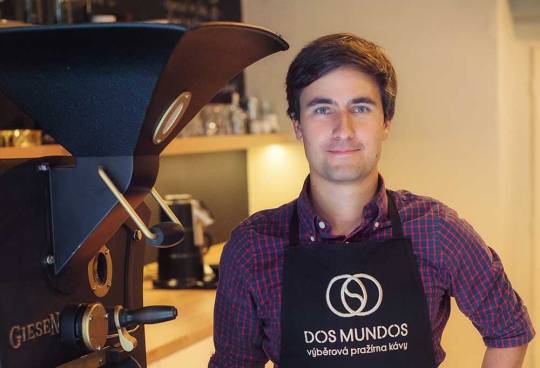
Lukas’ interest in coffee was fired up even further when he bought a Behmore sample roaster to experiment with when he returned back to Prague. His thirst for trying out different roasting styles and coffees soon meant that his front living room was quickly filling up with coffee sacks. Wondering how he was going to find enough space to accommodate his growing stocks of green coffee, Lukas decided that he should start roasting professionally - beginning with the purchase of a Giesen W6 just three years-ago.
“We have so many ways to play with the coffee. Our Giesen is a great machine and I can play with the drum speed and airflow. Sometimes the ‘sweet spot’ is very small. Even when I’m roasting a coffee for six months, I’m still trying to improve the coffee. It usually takes four to five batches to reveal its character. For some coffees, I can do it in one to two batches. Ethiopian coffees are especially challenging, because they are multi-varietal”.
Noting that his favourite coffee is Kenyan for it’s high sweetness and cleanness, Lukas particularly favours washed-process coffees that offers up good acidity. “It’s very difficult to buy very good natural-processed coffees”, he adds, “it’s demanding on the sorting of the beans which makes it quite challenging. There are so many ways of post-harvest processing, sometimes it’s unclear what the producer does with the coffee. Even with washed coffees, Kenyans are doing it differently than in Ecuador or Nicaragua”.
But despite the roasting challenges presented by different processing methods, overall cup quality guides the sourcing and buying decisions at Dos Mundos. This is demonstrated by virtue of the fact that their current lowest scoring coffee in the roaster – Burundi Kibuye - based on SCAA protocol is 87 points: “For us, it’s mainly about quality; we want the best coffee possible with nice sweetness and balance. When we receive samples of the green coffee, if it’s better than good, we then take a second round with a V60”, he says.
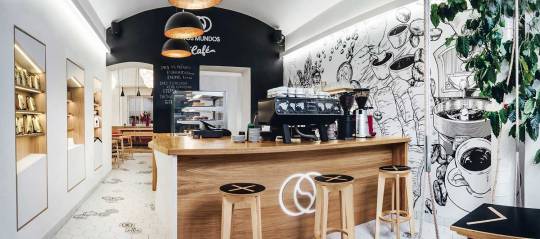
For Lukas, his wife Adela and their team of four baristas, offering consistently good service and upholding the highest standards of quality has earned Dos Mundos a stellar reputation in the flourishing Czech coffee culture community. The playful visual language of their coffee shop – or ‘kavárna’ in Czech - suggests a sense of the two worlds of the producer and customer coming together into a welcoming setting that celebrates the seasonality of the specialty product that is being served up.
“We try to share the story of the farmers”, says Lukas when addressing questions around the sustainability of coffee in the future, “it’s important to give all the information to the consumer. For the majority of coffee producers, the price is not sustainable for them. Even getting seven or eight euros a kilo is on the edge. In many producing countries inflation is also rising and we need to convince the final consumer to pay more for quality coffee”.
This effort to ensure that their coffees are sustainably traded and as traceable as possible is also in response to the growing interest in direct trade amongst Czech coffee drinkers. As awareness and demand amongst consumers increases with each year, roasteries such as Dos Mundos are now turning to alternative approaches to sourcing their coffee.
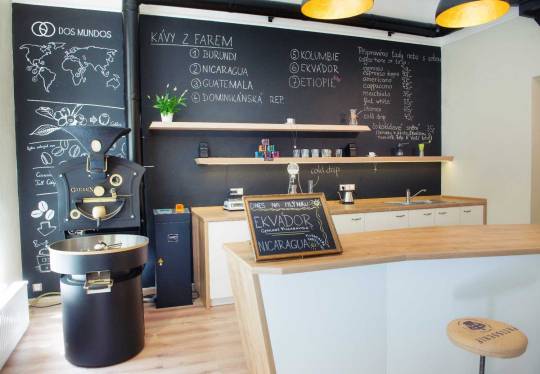
And for Lukas, algrano helps to bring these two worlds closer together: “Algrano is a great platform for a third-wave roaster like us. We are sourcing top quality, traceable coffees from around the world and with algrano we are also able to get in touch with farmers. The ability to share with our customers the stories of farmers and their coffee is key for us and we believe it is also a way how to help good farmers to receive more money and credit for what they do. We are looking forward to sharing their story and I am sure that our customers are going to love this new approach”.
Algrano coffee in the hopper
- Producer:
- Country: Brazil
- Varietal: Catuai Amarelo
- Process: Natural
- Altitude: 1200m.
Follow Dos Mundos at:
- Facebook: prazirnadosmundos
- Instagram: DMroastery
- Twitter:
@DMroastery
-
www.dos-mundos.cz

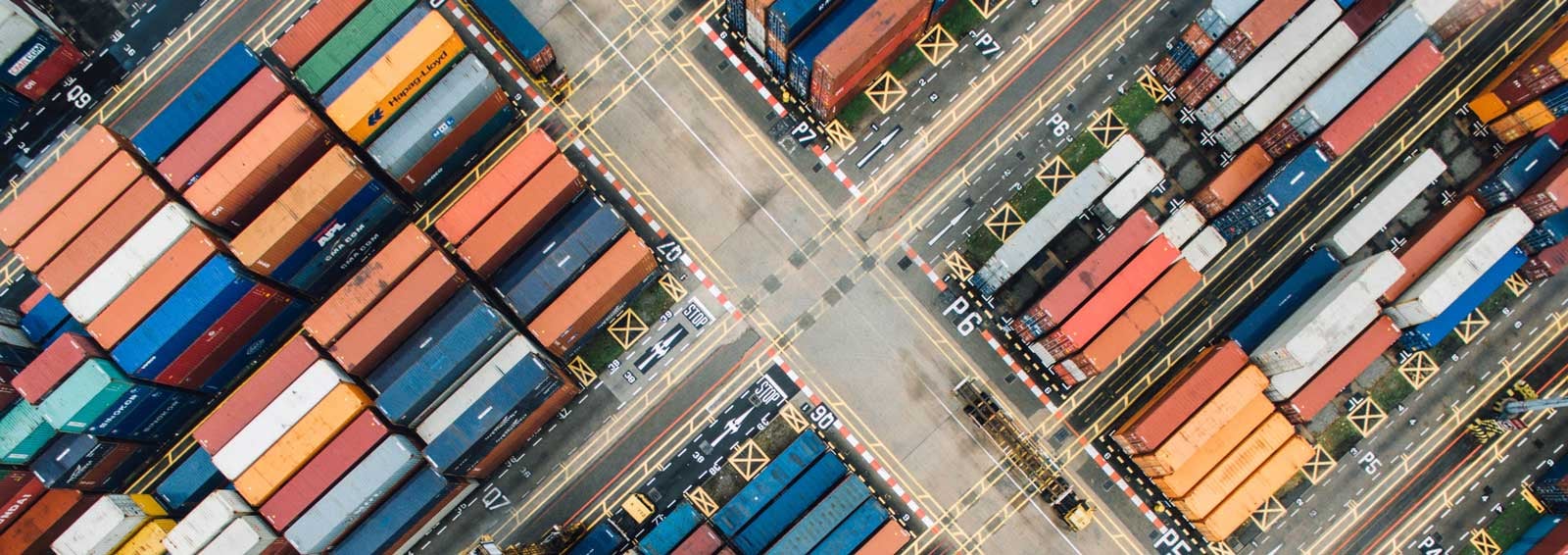
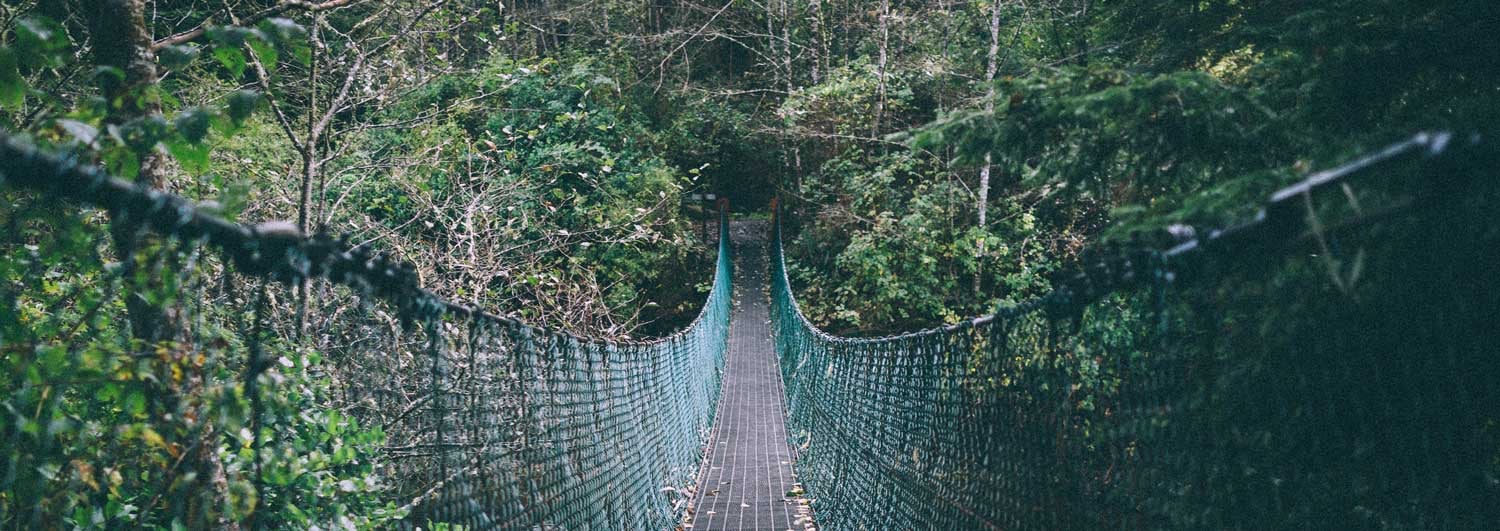
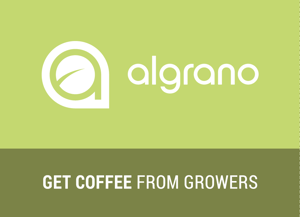
Let Us Know What You Thought about this Post.
Put your Comment Below.